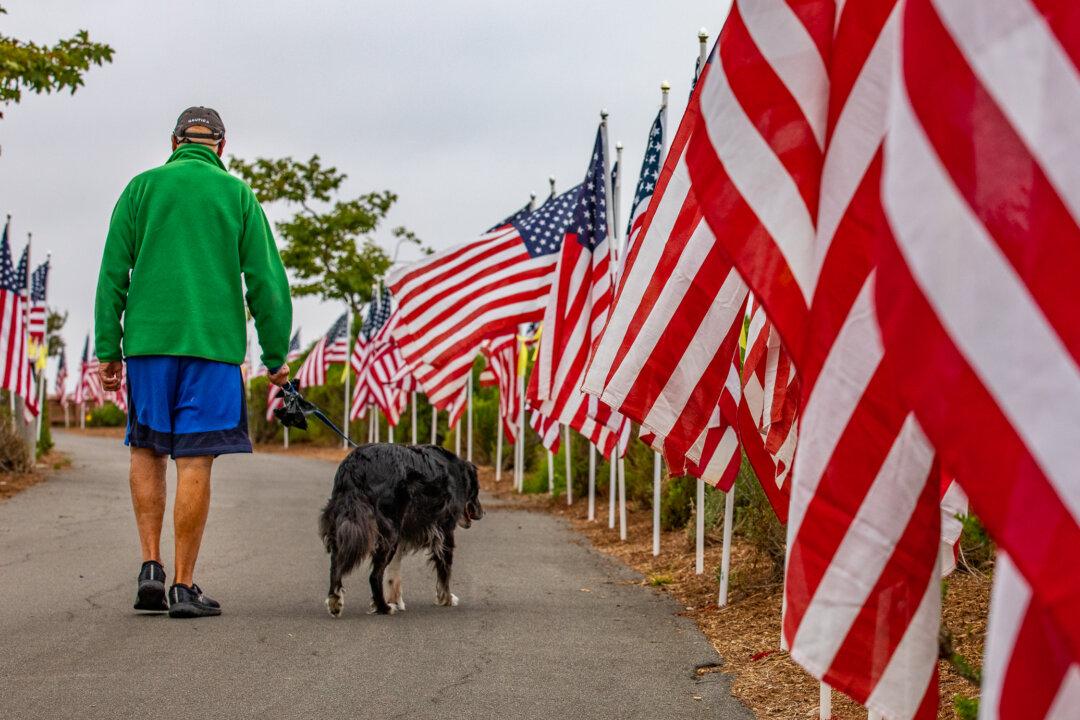BUENA PARK, Calif.—As the ongoing pandemic continues to hit Southern California hard, Orange County Fire Authority (OCFA) paramedics are sharing the struggles they’re facing on the frontline.
Climbing COVID-19 numbers coupled with a limited intensive care unit (ICU) capacity at area hospitals, has taken a mental and physical toll on emergency medical (EMS) workers, said Captain Joe Enterline.





